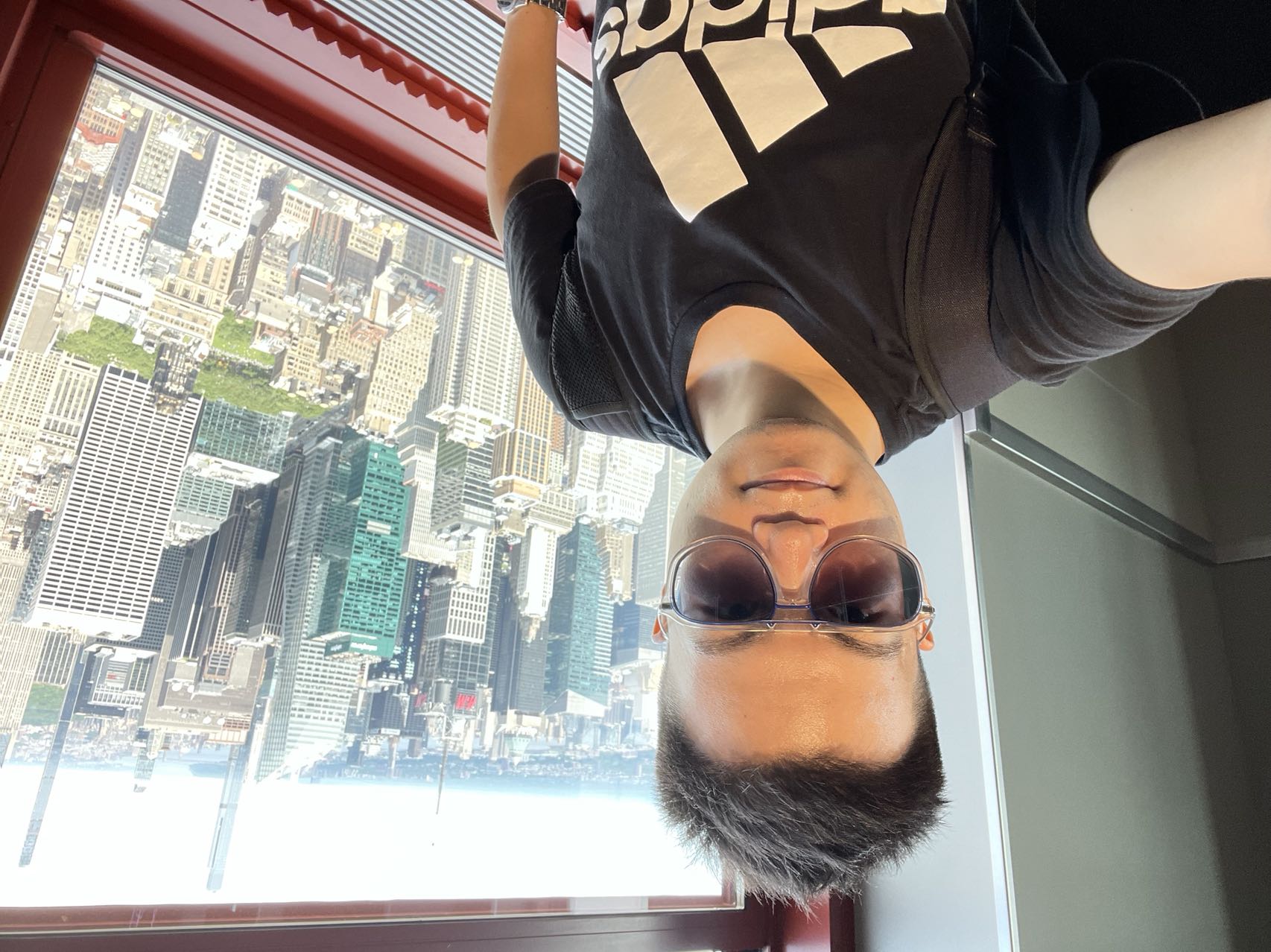About Me
I am a Principal Investigator at the Shanghai Qi Zhi Institute. I received my Ph.D. in 2022 from the Massachusetts Institute of Technology, advised by Professor Jonathan P. How. During my doctoral studies, my research focused on reinforcement learning, robotic perception, and autonomous driving.
During and after completing my Ph.D., I served as a machine learning research scientist/intern at Meta Reality Lab, Pony.ai, and Dexterity AI. Motivated by a desire to understand the essence of general intelligence and inspired by the groundbreaking advancements showcased by foundation models, I decided to return to academia. In late 2023, I joined the Qi Zhi Institute full-time, where my research centers on embodied intelligence, with a particular focus on developing simple, unified, and principled algorithms for general embodied intelligence.
Research Direction
My research aims to advance embodied intelligence by developing simple and principled approaches that are scalable and generalizable to various embodied AI tasks and domains.
📢 We are actively recruiting research interns and full-time researchers. If you're interested, please feel free to reach out via email.
Recent Works
1) Neural SDEs as a Unified Approach to Continuous-Domain Sequence Modeling (ongoing work, submitting to ICML 2025)
We are developing a novel framework for modeling continuous-time sequence dynamics based on Neural Stochastic Differential Equations (SDEs). Unlike previous methods that rely on virtual or artificial time parameters—such as diffusion models or flow-matching approaches—our technique directly learns an SDE governing the natural temporal evolution of the data. By parameterizing both the drift and diffusion terms with neural networks, we introduce intrinsic uncertainty handling and enable a single model to scale seamlessly across diverse modalities. Despite its conceptual simplicity, our approach achieves competitive generative performance while operating orders of magnitude more efficiently than standard diffusion- and flow-based models. This blend of theoretical elegance and practical effectiveness makes Neural SDEs a compelling new direction for embodied and generative AI.
2) Denoising-based Contractive Imitation Learning (ongoing work, submitting to ICML 2025)
We propose a novel imitation learning strategy that uses a denoising score function not just for distributional modeling, as in diffusion models, but as a powerful tool for inducing contraction in state transitions. This is achieved through a dual-network design: a dynamics model predicts future states, while a denoising policy network refines these predictions to guide action selection. By leveraging the denoising mechanism as a contraction enhancement strategy, our approach inherently stabilizes the rollout trajectory and combats covariate-shift, without dependency on additional expert data or adversarial training. This innovation paves the way for more robust imitation learning systems capable of withstanding noise and disturbances in real-world scenarios.
